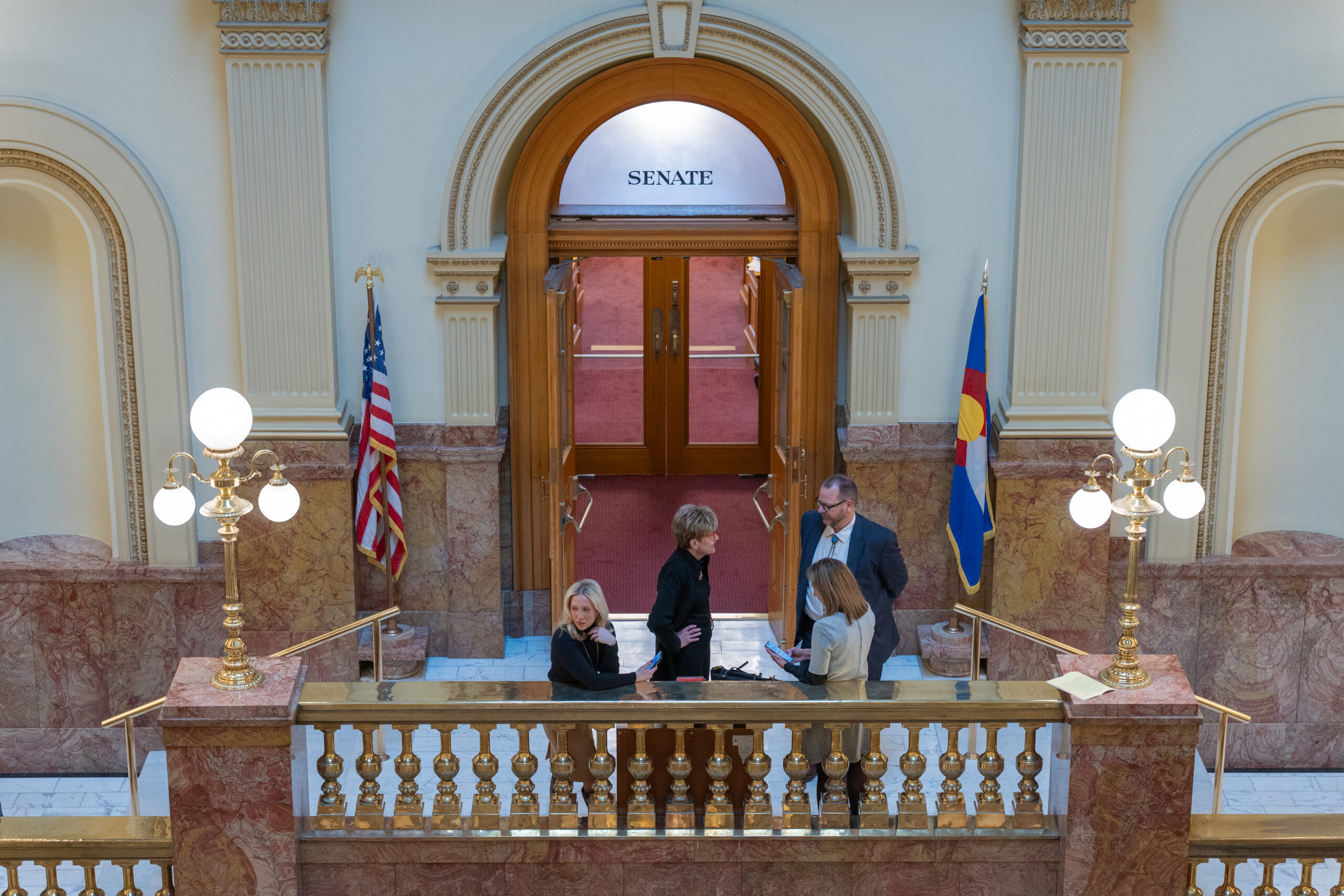“Welcome to the Wild West of sports betting, where the promise of “free bets” has become the siren’s call of the digital age. In the cutthroat world of online gaming, operators are pulling out all the stops to lure in new customers and keep existing ones hooked. But beneath the glossy veneer of these tantalizing offers lies a hidden truth: “free bets” may be costing gaming companies dearly. In Colorado, a state that has wholeheartedly embraced the sports betting revolution, the reality of these promotional giveaways is starting to sink in. As the industry’s profit margins begin to take a hit, one thing is clear: the age of “free bets” may be coming to an end. In this article, we’ll delve into the surprising consequences of this lucrative marketing tactic and explore what it means for the future of sports betting in the Centennial State.”
The Sports Betting Landscape

In recent years, the sports betting industry has experienced unprecedented growth, with 38 states now offering the option to place bets on sports events. Colorado was one of the pioneers in legalizing sports betting, and the tax revenue generated from these activities has exceeded expectations. According to Sen. Dylan Roberts, a Democrat from Frisco, “It’s been wildly successful.”
However, as more states open their doors to the lucrative sports wagering industry, demand is expected to level off. A report by the National Conference of State Legislators suggests that the growth of the industry will eventually slow down, and states are now looking for new ways to capture more tax revenue.

The Rise of Sports Betting: From Legalization to Widespread Adoption
In 2019, Colorado voters legalized sports betting, following a U.S. Supreme Court decision that approved the activity. Since then, the industry has experienced rapid growth, with many states following Colorado’s lead. The tax revenue generated from sports betting has been a significant contributor to the state’s coffers, with over $30 million expected to be generated this year.

Leveling Off: The Expected Decline in Demand and Revenue
As more states enter the sports betting market, the demand for these services is expected to level off. This is similar to what has happened in the marijuana industry, where Colorado’s tax revenue has dropped due to other states’ legalization of weed. To counter this trend, states are looking for new ways to generate revenue from sports betting.

Comparative Analysis: Other States’ Approaches to Taxation
While Colorado imposes a 10% tax on sports betting, other states have taken a different approach. For example, Illinois has adopted a maximum tax rate of 40%, up from 15%, according to the NCLS report. Ohio and Massachusetts have also approved major increases in the tax rate. These changes are a response to the expected decline in demand and revenue from sports betting.
The State’s Heavy Reliance on Volatile Revenue Sources
Colorado relies heavily on highly volatile severance taxes and sports betting revenues to fund water programs. This has led to concerns about the sustainability of these revenue sources. To address this issue, lawmakers are considering new ways to generate revenue for water projects, including the proposal to tax free bets offered by sports gaming companies.
The proposal, outlined in House Bill 1311, would require sports gaming companies to pay taxes on revenue generated from free bets. This is expected to generate an additional $12 million in revenue for water planning, conservation efforts, and other related projects.
Conclusion
In conclusion, the article “In sports betting, ‘free bets’ may cost gaming companies” sheds light on the potential pitfalls of offering “free bets” in the sports betting industry. The article highlights how these seemingly generous promotions can actually end up costing gaming companies dearly, as bettors often take advantage of the offers without intending to actually place a wager. This can lead to significant losses for operators, as they are forced to absorb the costs of the “free bets” and maintain a competitive edge in a crowded market.
The implications of this trend are far-reaching, with gaming companies forced to reevaluate their marketing strategies and consider alternative methods of attracting and retaining customers. Furthermore, the article serves as a cautionary tale for regulators and policymakers, who must remain vigilant in monitoring the sports betting industry to prevent exploitation and ensure a level playing field. Looking ahead, it will be crucial for gaming companies to strike a balance between offering attractive promotions and maintaining a sustainable business model.

